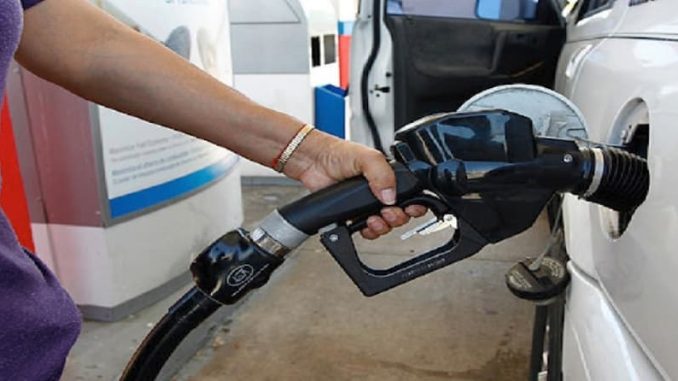
Nigerians may soon experience relief at the fuel pump as Dangote Refinery has announced a reduction in the ex-depot price of Premium Motor Spirit (PMS), commonly known as petrol.
The price has been slashed from N950 to N890 per litre, a move expected to ease the burden of high fuel costs across the country.
Why the Price Reduction?
According to Mr. Anthony Chiejina, the Group Chief Branding and Communications Officer of Dangote Petroleum Refinery, the price adjustment comes in response to favorable global energy market trends, particularly the drop in international crude oil prices. He noted that just as the refinery previously increased prices due to rising crude costs, it has now decided to reduce prices following the recent decline.
“This reduction will significantly lower the cost of petrol across the country and have a positive ripple effect on the economy,” Chiejina stated. He emphasized that cheaper fuel prices could help drive down the cost of goods, services, and the overall cost of living.
Marketers Urged to Reduce Retail Prices
Following the price cut, the Petroleum Products Retail Outlets Owners Association of Nigeria (PETROAN) has urged fuel marketers to reflect the new price at their retail outlets. However, PETROAN’s National President, Billy Gillis-Harry, explained that some filling stations may not immediately reduce their pump prices because they still have stock purchased at the previous higher rate.
“We advocate that anyone purchasing at the new rate from Sunday should ensure that the price change is reflected in their retail outlets,” he stated in an interview on Arise TV.
Despite this, PETROAN reaffirmed its commitment to ensuring fair pricing and sustainability in the downstream petroleum sector.
What This Means for Nigerians
While the reduction in the ex-depot price does not guarantee an immediate drop in fuel prices at filling stations, it signals a potential relief for consumers in the coming days. If marketers comply, transportation costs, food prices, and other expenses tied to fuel prices could see a decrease, offering Nigerians some economic respite.
All eyes are now on fuel stations to see how quickly they adjust their pump prices in line with the new directive.